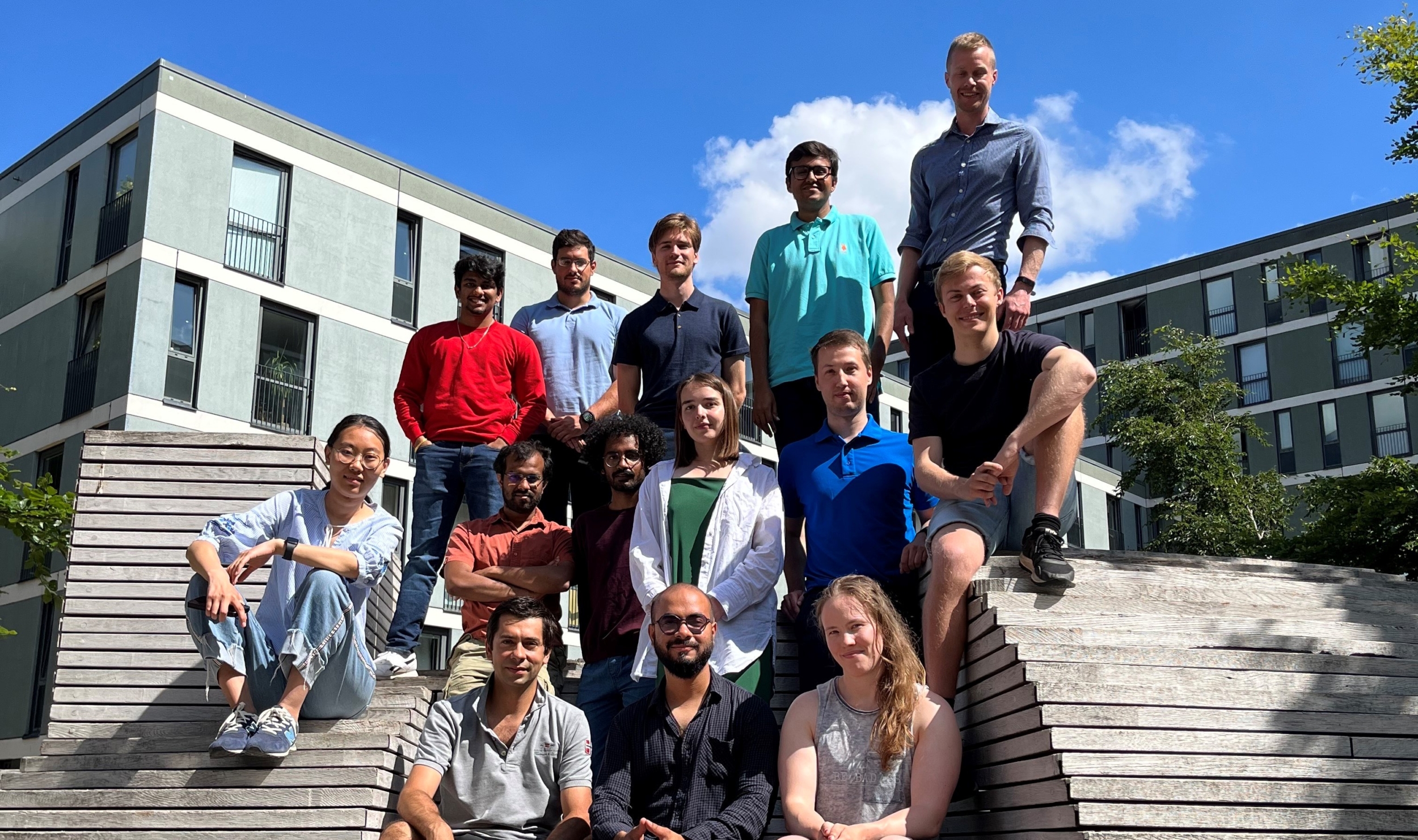


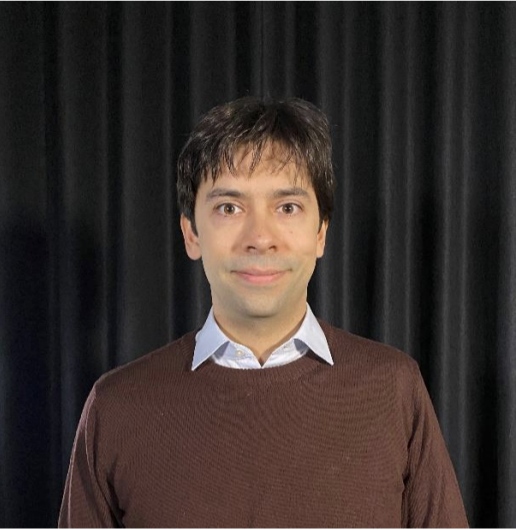
Simone grew up in Bologna, Italy. He completed his BSc and MSc studies at Università di Pisa and Scuola Normale Superiore. He obtained his PhD at Aalto University (November 2014) with a doctoral thesis in low-temperature nanophysics, supervised by Jukka Pekola. Before joining Chalmers, he was a post-doctoral researcher at ETH Zurich in the group of Andreas Wallraff (2015-2018). There he made several contributions in the areas of quantum information processing, microwave quantum optics, and hybrid superconductor-semiconductors quantum systems. He moved to Chalmers as a permanent researcher in November 2018. In May 2020, he took on an assistant professor position and started his own research group, the 202Q-lab. He was promoted to Associate Professor (Docent) in June 2024. He is part of the management group of WACQT, a 12-year Swedish initiative to build a quantum computer. In 2023, together with Robert Rehammar, he founded Sweden Quantum AB to develop inventive solutions in cryogenic hardware for quantum technologies. In his free time, Simone likes outdoor activities and reading a good book.
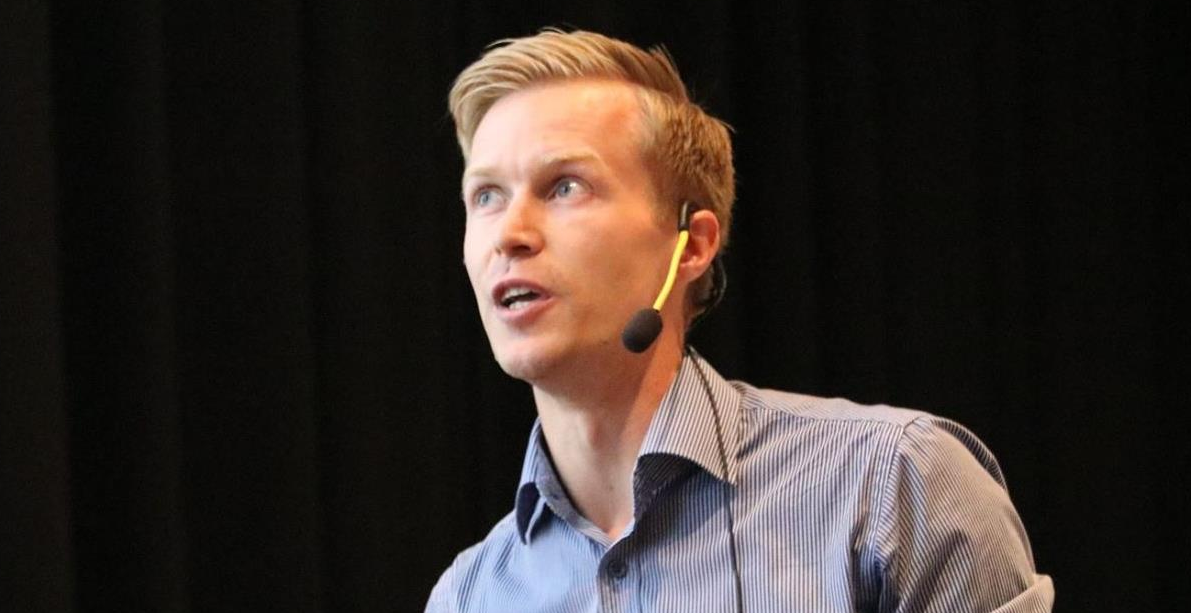
Axel joined the 202Q-lab in September 2021. He got his PhD degree in Physics at Chalmers University of technology in 2017 working on electromechanical resonators. He has been working at Volvo AB as a software developer where he designed diagnostic functions to detect hardware degradation and Zenseact where he worked as a data management solution architect for the deep learning area. He is currently working on quantum computing with continuous variable. In his free time, he is collaborating with different researchers to gather and spread knowledge about how the brain learns.
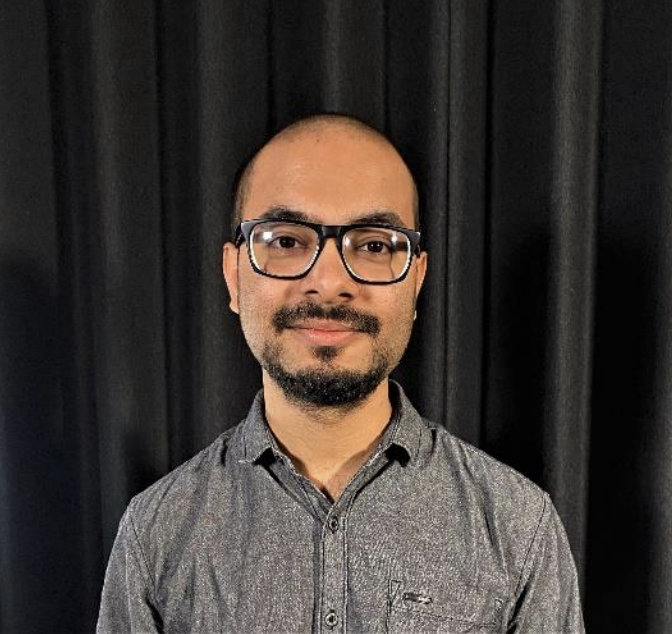
Aamir obtained his PhD in Physics at Indian Institute of Science, Bangalore, where he studied mesoscopic transport in semiconductor nanostructures. He then moved to the Institute of Photonic Sciences, Barcelona for his first postdoc where he performed the measurement of the smallest ever heat capacity using a mesoscopic device. He joined 202Q-lab in August 2020, where he is exploring quantum thermodynamics with circuit QED. On the side, he enjoys reading about cognitive sciences and western philosophy.
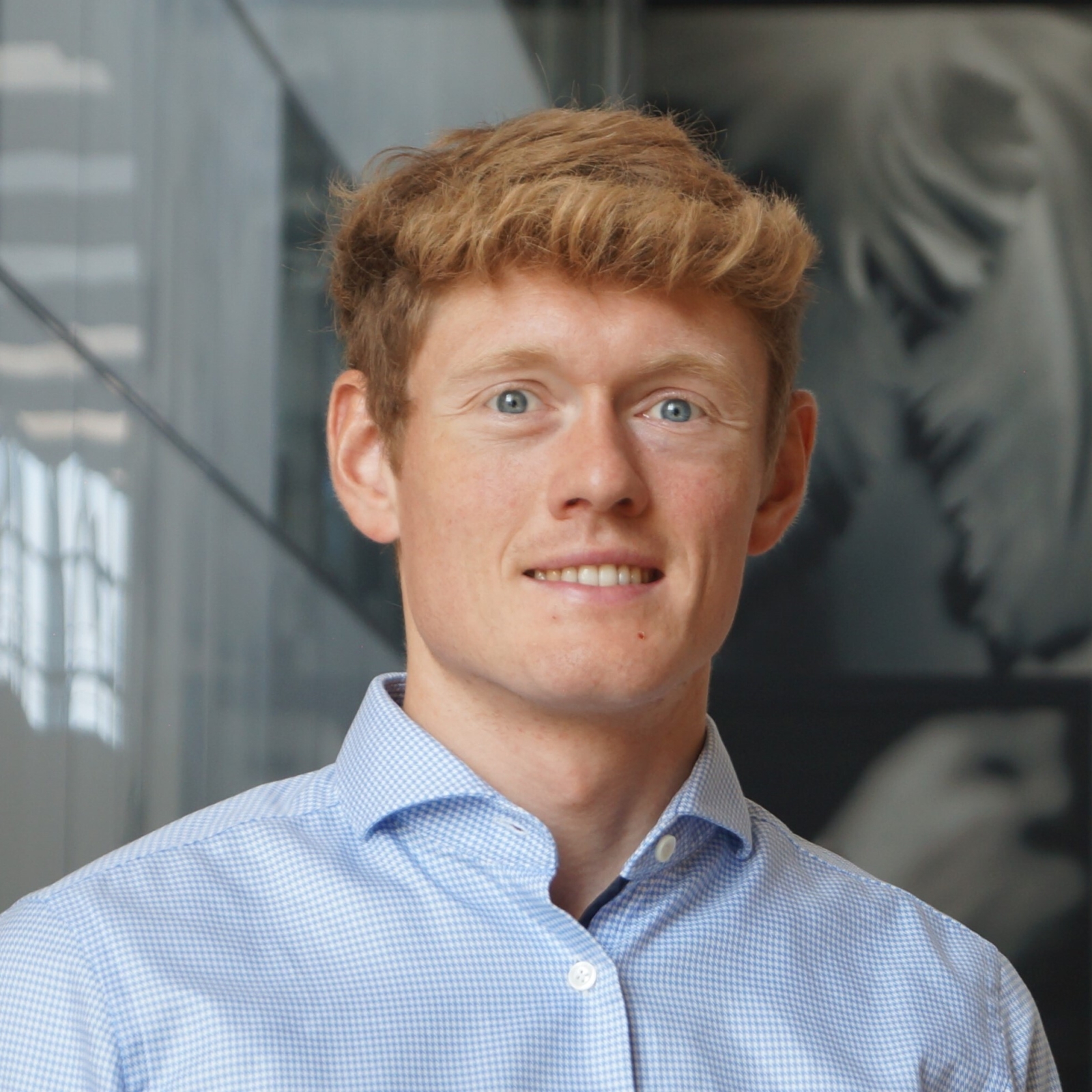
Lukas joined as postdoctoral researcher in September 2024 to advance bosonic quantum computing architectures based on superconducting circuits. He obtained his PhD degree from the Technical University of Delft/The Netherlands for his work on “Gate-tunable kinetic inductances for superconducting circuits”.
In his spare-time, Lukas prepares for long-distance bike rides through Europe and enjoys running and climbing.
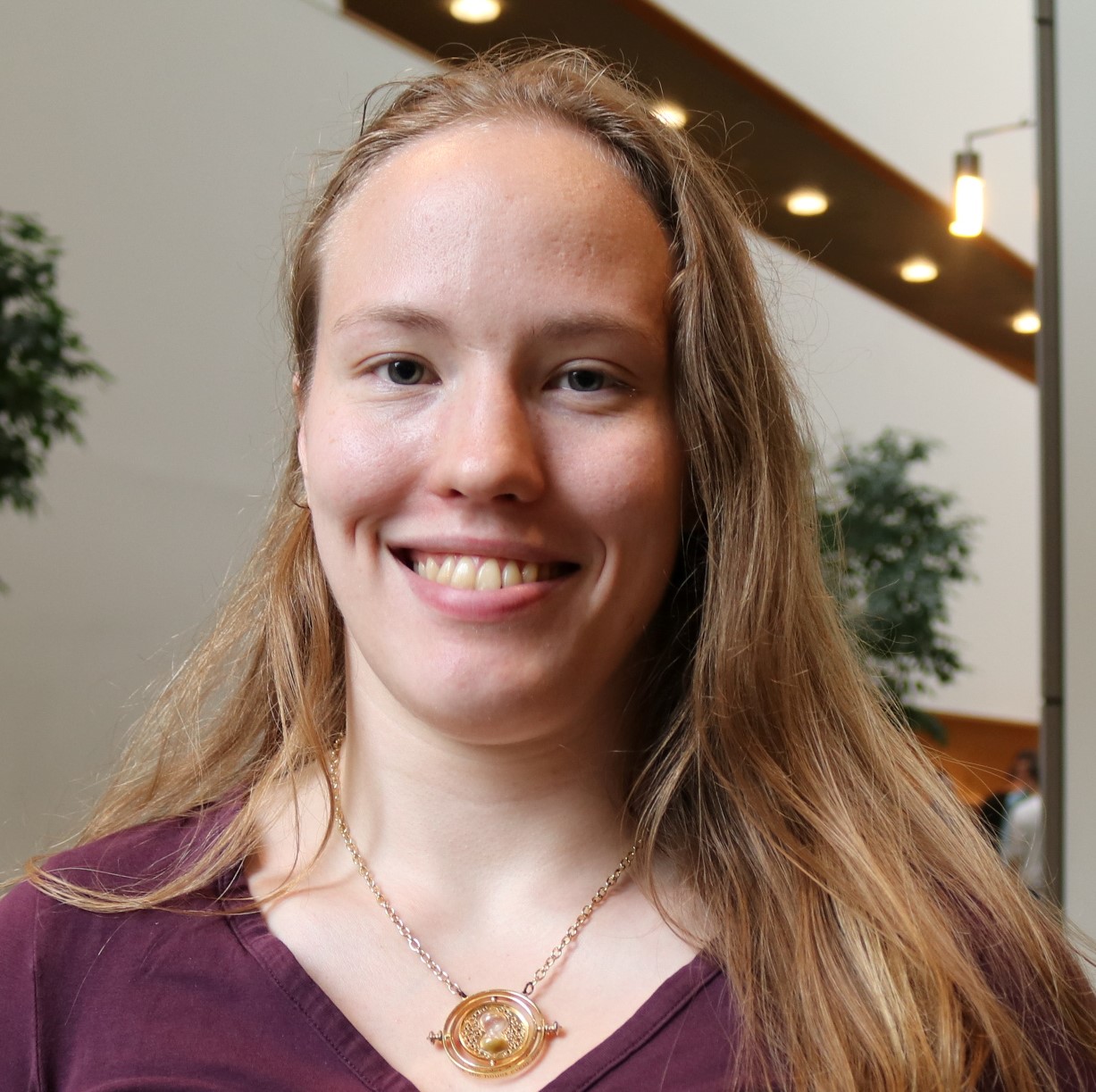
Ingrid joined 202Q-lab directly after obtaining her Ph.D., also at Chalmers but in the Applied Quantum Physics group, where she did numerical simulations for different types of generation and characterization of microwave quantum states. Now, she is still working on quantum state tomography, but will also branch out to the development of microwave switches. Lots of her free time is spent in the gym, doing weightlifting.
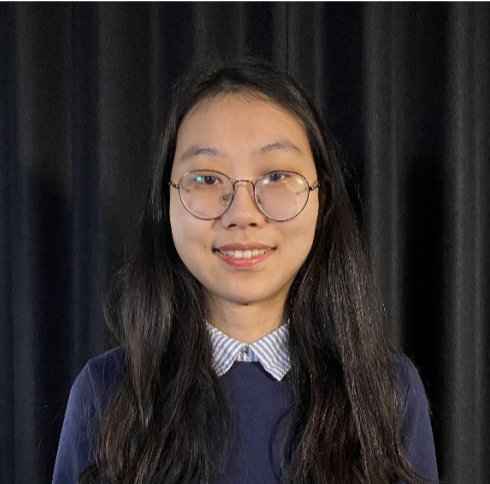
Claire joined 202q-lab in 2019 as an industrial PhD working in the project of Distributed Quantum Computing while being employed by Ericsson Research. After finishing her PhD, she continued working at the lab as a post-doc in March 2025. She got her master’s degree in Electrical Engineering from KTH-Royal Institute of Technology in Stockholm, Sweden; and her bachelor’s degree from Beijing University of Aeronautics and Astronautics (Beihang University) in China. She enjoys reading and drawing during her spare time.
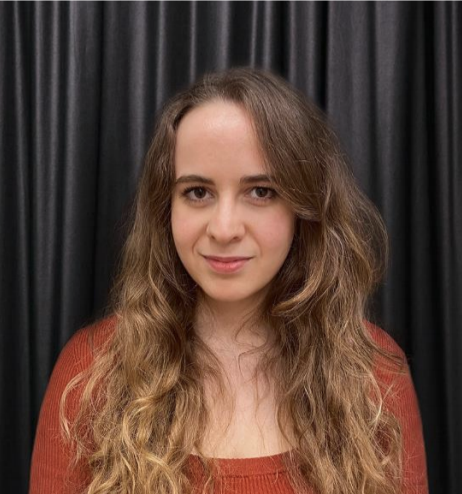
Claudia joined the 202Q-lab in September 2020. She did her degree in Electronic Engineering at the University of Granada and an exchange year at EPFL. In 2018 she started her master’s in Nanoscience and Nanotechnology at KU Leuven. Her research focuses on the use of metamaterials to mediate the interaction between atoms. In her free time, she enjoys dancing and working out.
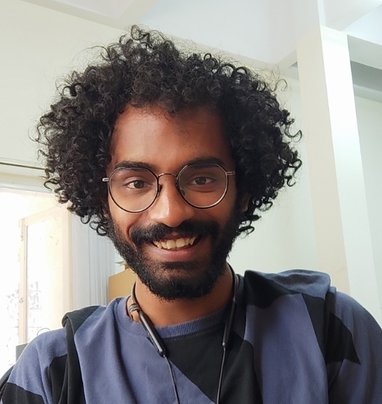
Kunal joined 202Q-lab as a PhD student in March 2023. He has obtained his Masters and Bachelors’s degrees in Physics from the Indian Institute of Science. His Master’s thesis focussed on fabrication and the study of devices for the generation of entangled photons. For his Bachelor’s thesis he worked on implementing a PDH cavity-locking scheme in the TIQI group at ETH Zurich. His research focuses on using continuous variables for quantum computing. He is an F1 nerd, and in his free time, he enjoys reading, playing frisbee, and football, and going cycling.
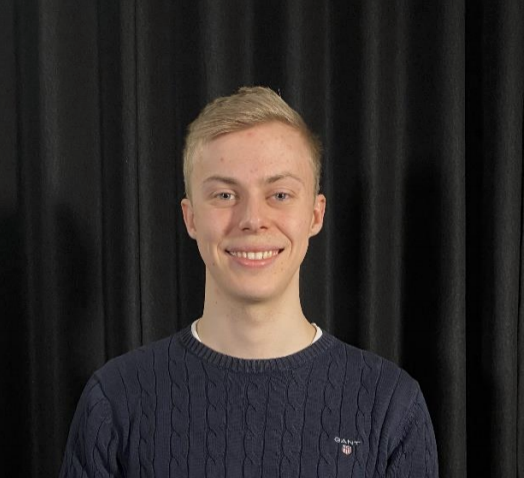
Simon did his master’s degree in physics at Chalmers. In late 2020, he joined 202Q-lab as an amanuensis, where he developed a virtual instrument for control and readout of superconducting qubits by the means of pulse sequencing. Then, he started his master thesis on quantum thermodynamics working under the supervision of Aamir. After an exchange in Hong Kong, he came back to 202Q-lab to do his PhD at the end of 2022. Besides physics, he enjoys rock climbing, programming, and scuba diving.
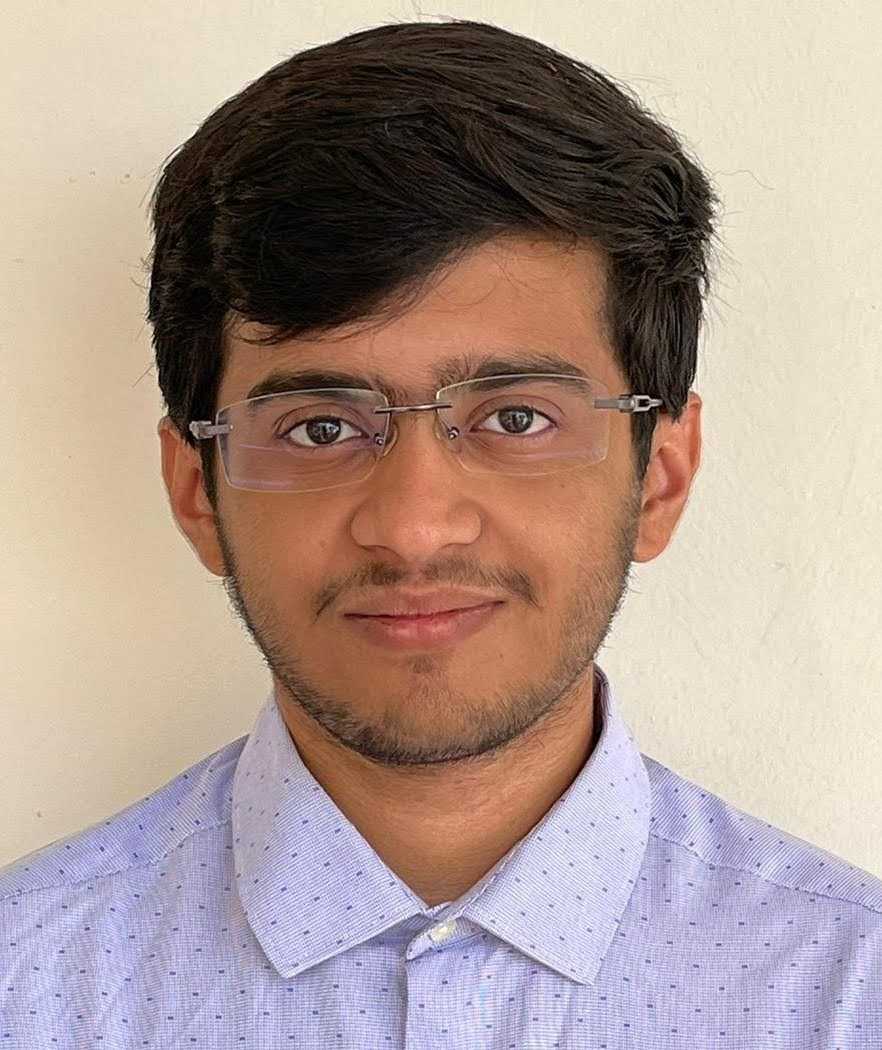
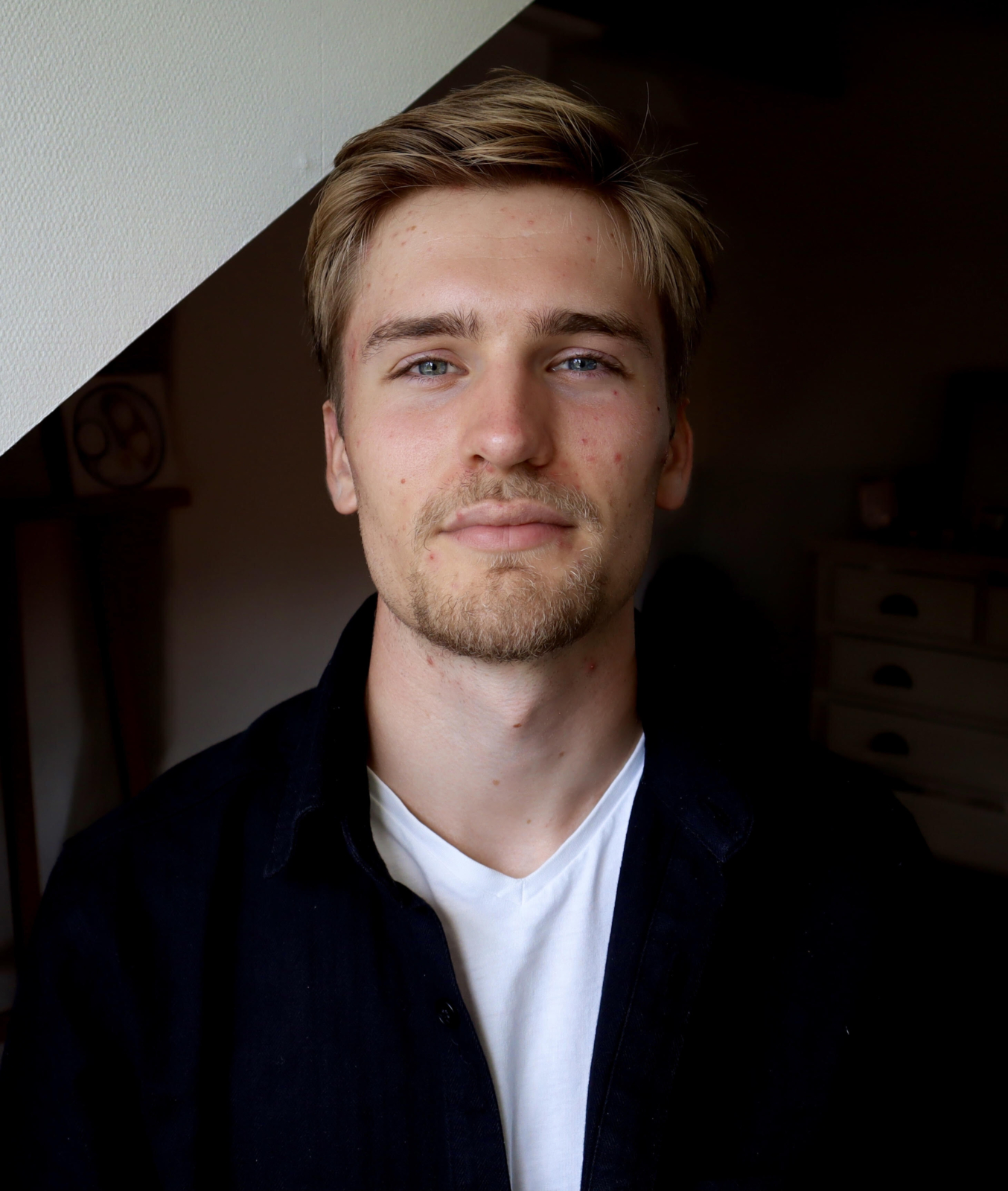
Linus worked as an amanuensis in the area of microwave engineering for quantum computing applications. He did his B.Sc. in Electrical Engineering and completed his master’s degree in Wireless, Photonics, and Space at Chalmers, joining the lab in spring 2023 for his thesis. Currently, he is working as a PhD student within a WALP project developing infrared filters using High-Energy Radiation Drain (HERD) technology and evaluating their impact on superconducting qubits and developing TWPAs. When he is not working, he likes running and cycling.
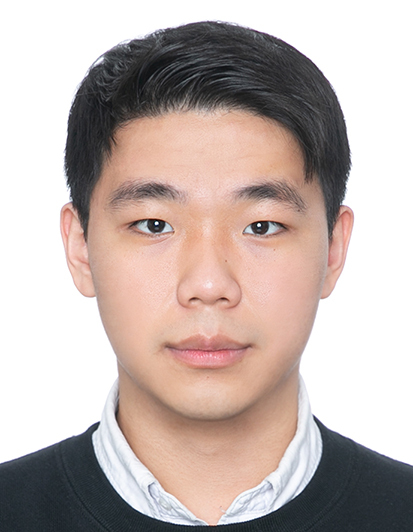
Kiwmann joined the 202Q-Lab as a PhD student in April 2025. He holds both a Bachelor’s and Master’s degree in Physics from Yonsei University in Seoul. His research focuses on bosonic quantum computing architectures using circuit QED, aiming to bridge fundamental physics and emerging quantum technologies. In his free time, he enjoys playing ice hockey.
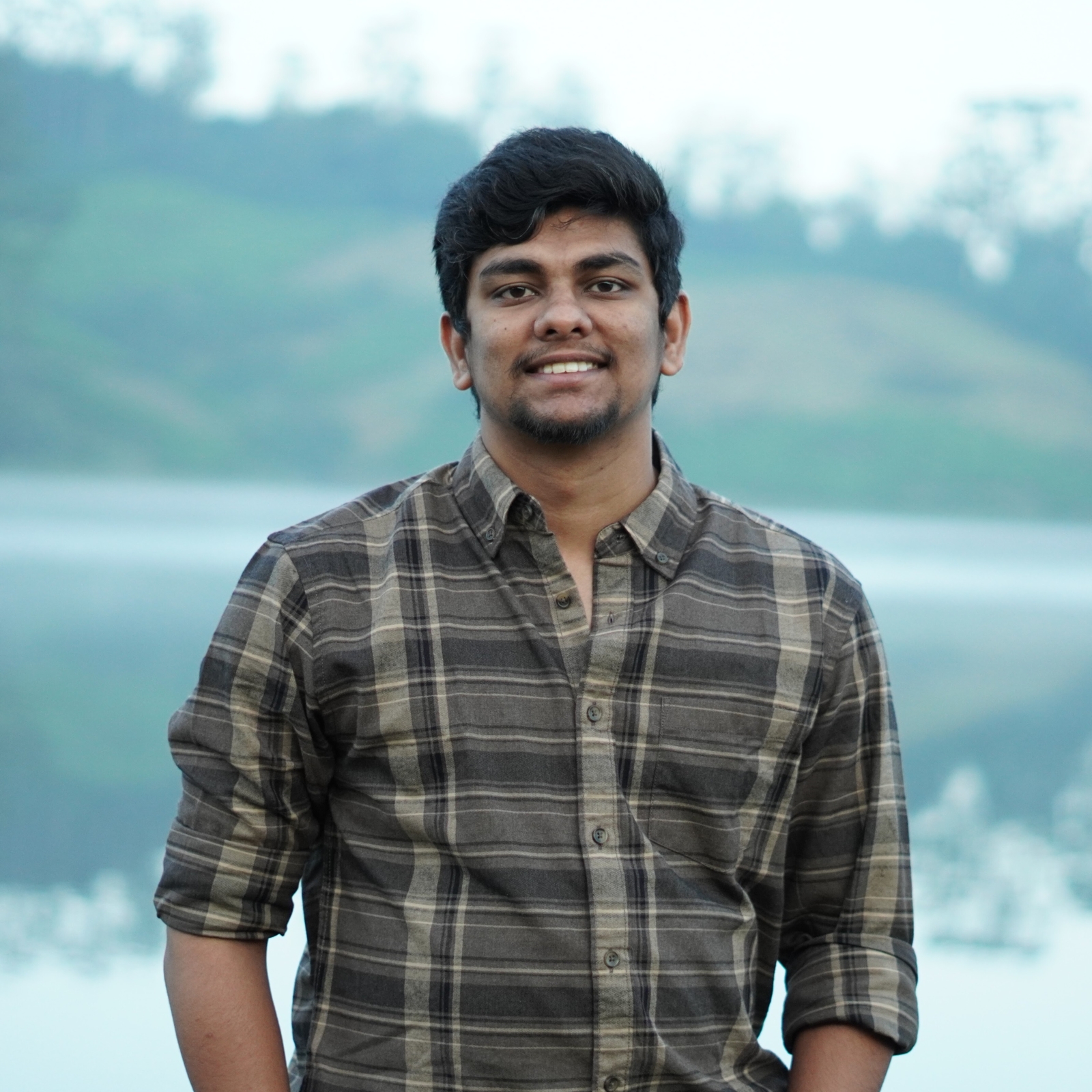
Niranjan earned his Master of Science in Physics from the University of Cologne, Germany. He joined 202Q-Lab for his master’s thesis in December 2022, designing high-Q planar superconducting lumped element resonators.. He came back to the lab for his PhD in March 2024: currently, he is as a member of the CV team, where his research focuses on CV quantum computing asymmetrically threaded SQUIDs. Outside the lab, Niranjan enjoys karting, cooking, and playing the guitar.
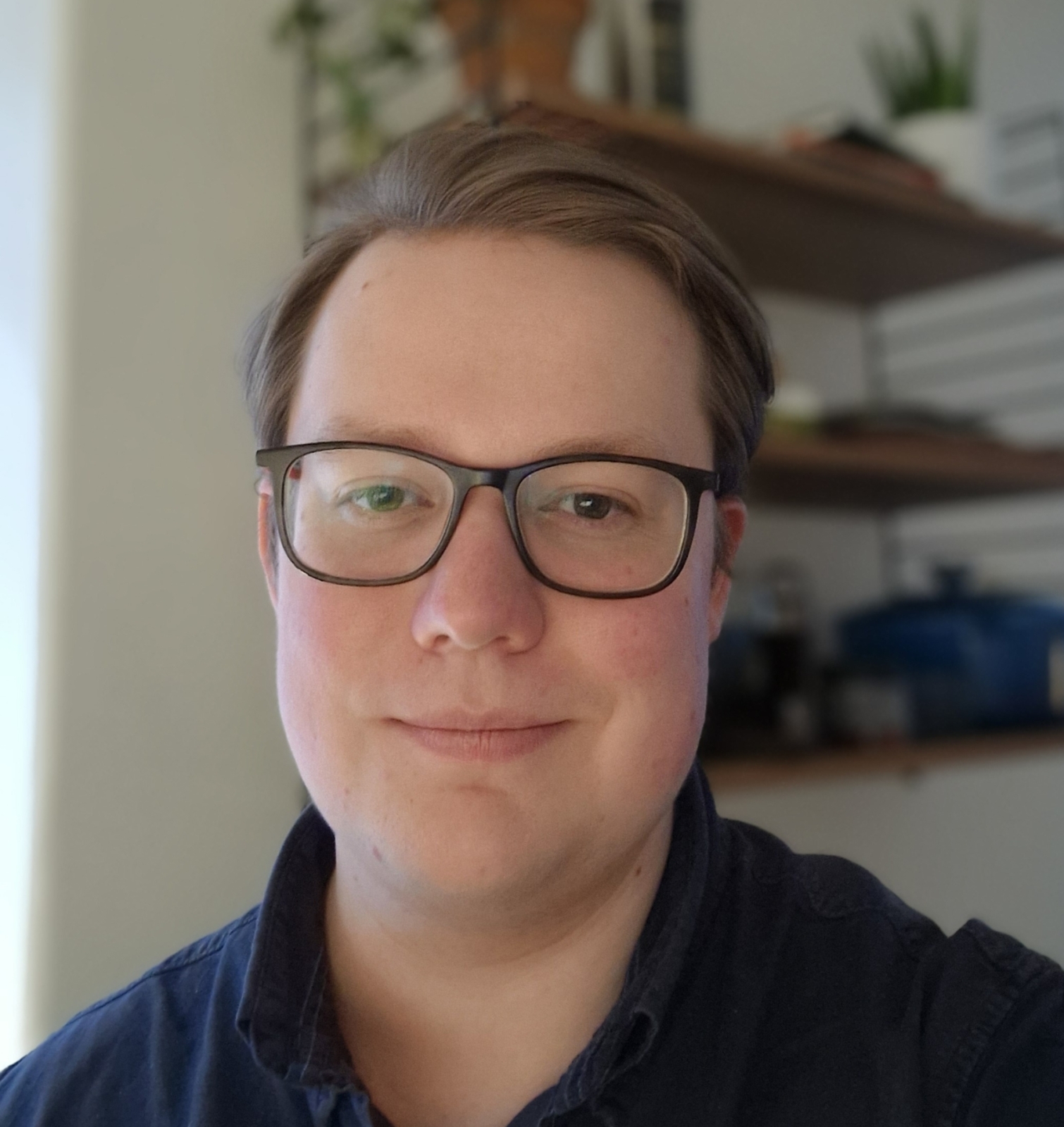
Ludvig did his bachelors at Chalmers and joined 202Q-Lab for his master thesis in January 2024. His masters thesis was within the field of quantum thermodynamics. After that, he continued working at the lab as a research engineer within the quantum thermodynamics. In April 2025, he started his Phd. In his spare time he enjoys cooking, playing the bass and playing pinball.

Nora joined 202Q-lab as a PhD student in June 2025. She obtained her master’s and bachelor’s degrees in physics from Southern University of Science and Technology. Her master’s thesis focused on distributed quantum system and simulations using synthetic frequency dimension in cables. In this group, her research focuses on using continuous variables for quantum computing. In her spare time, she enjoys reading, watching musicals and travelling.
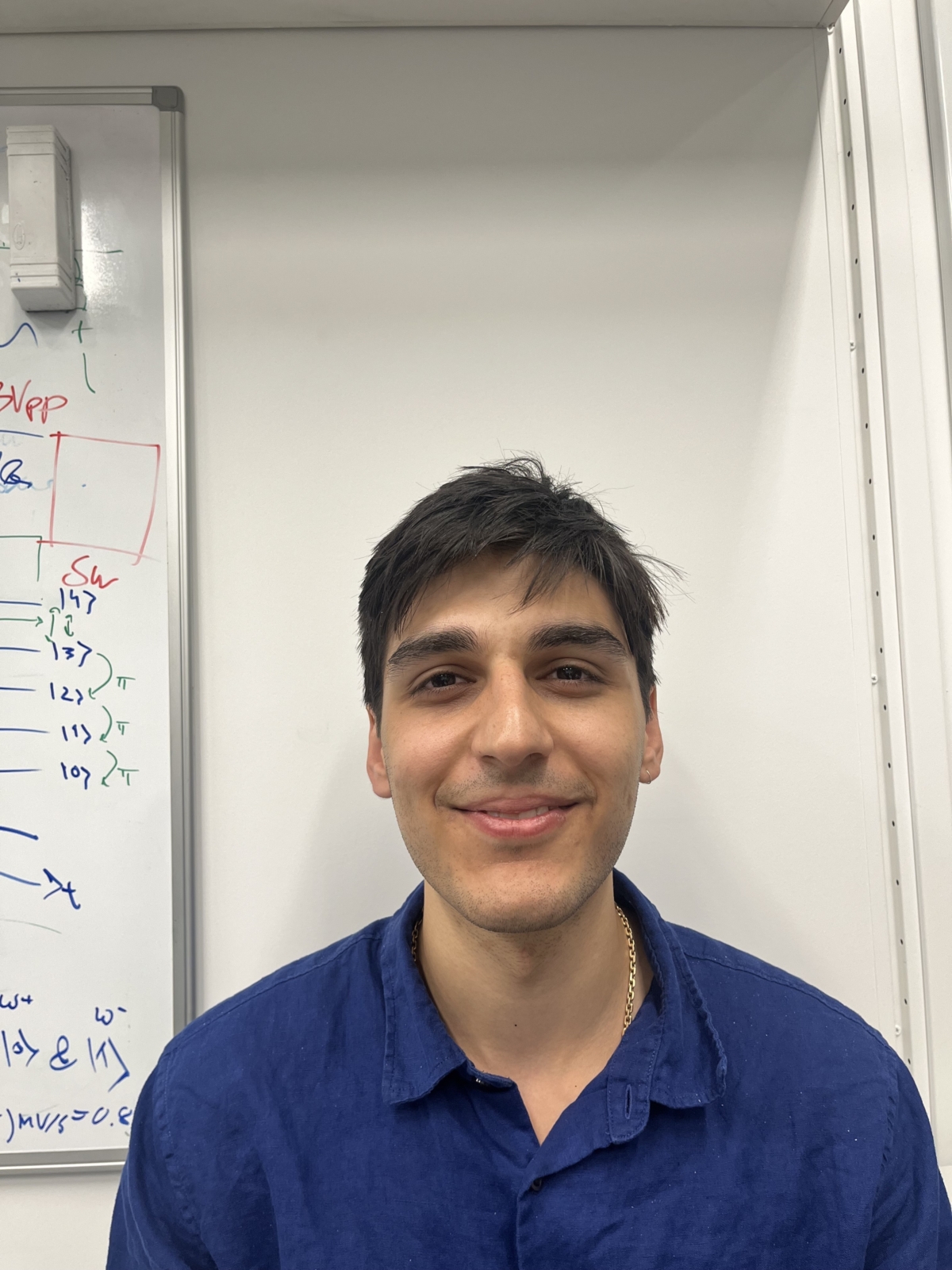
Saba is from Georgia and holds a bachelor’s degree from the Free University of Tbilisi. He completed the first year of his master’s at KU Leuven and joined the group in November as a thesis student, working on developing fluxonium qubits. In his free time, he enjoys working out and reading.
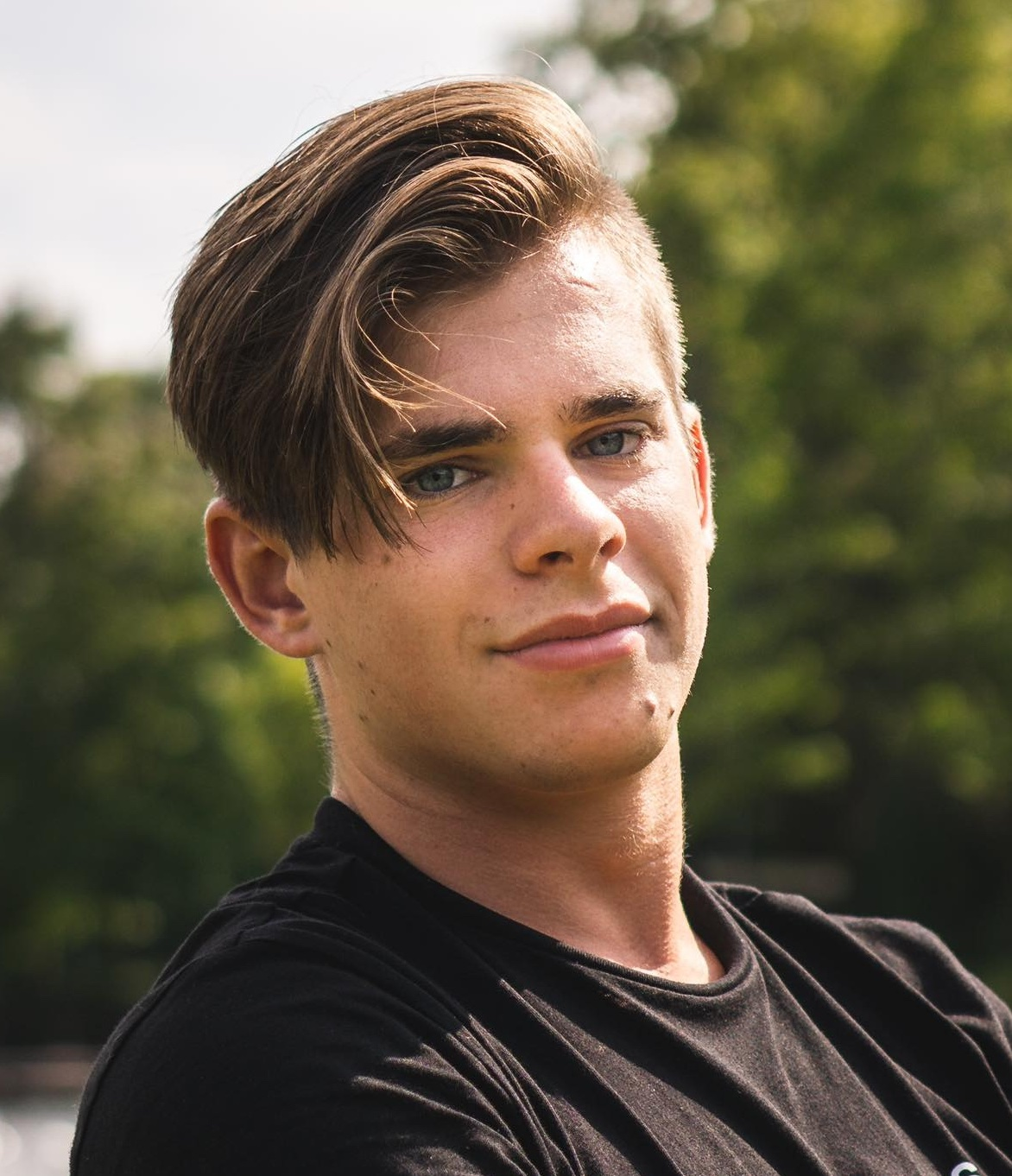
Hampus joined the 202Q-lab in the spring of 2025 to write his master thesis with Linus Andersson as his supervisor. His thesis is about measuring quasiparticle tunneling rates and detecting correlated errors. In his spare time he likes to ski and run.